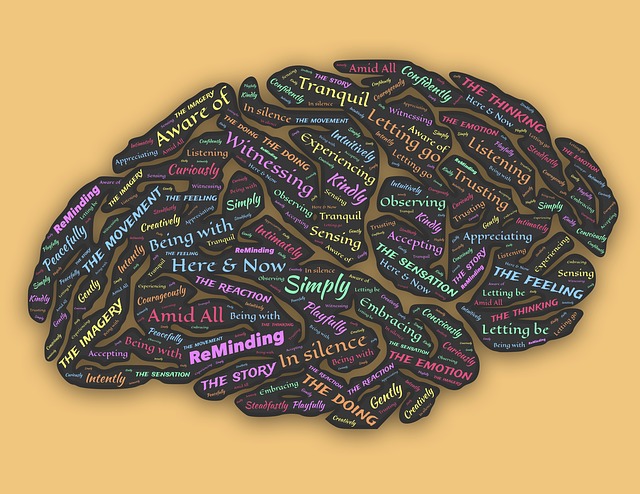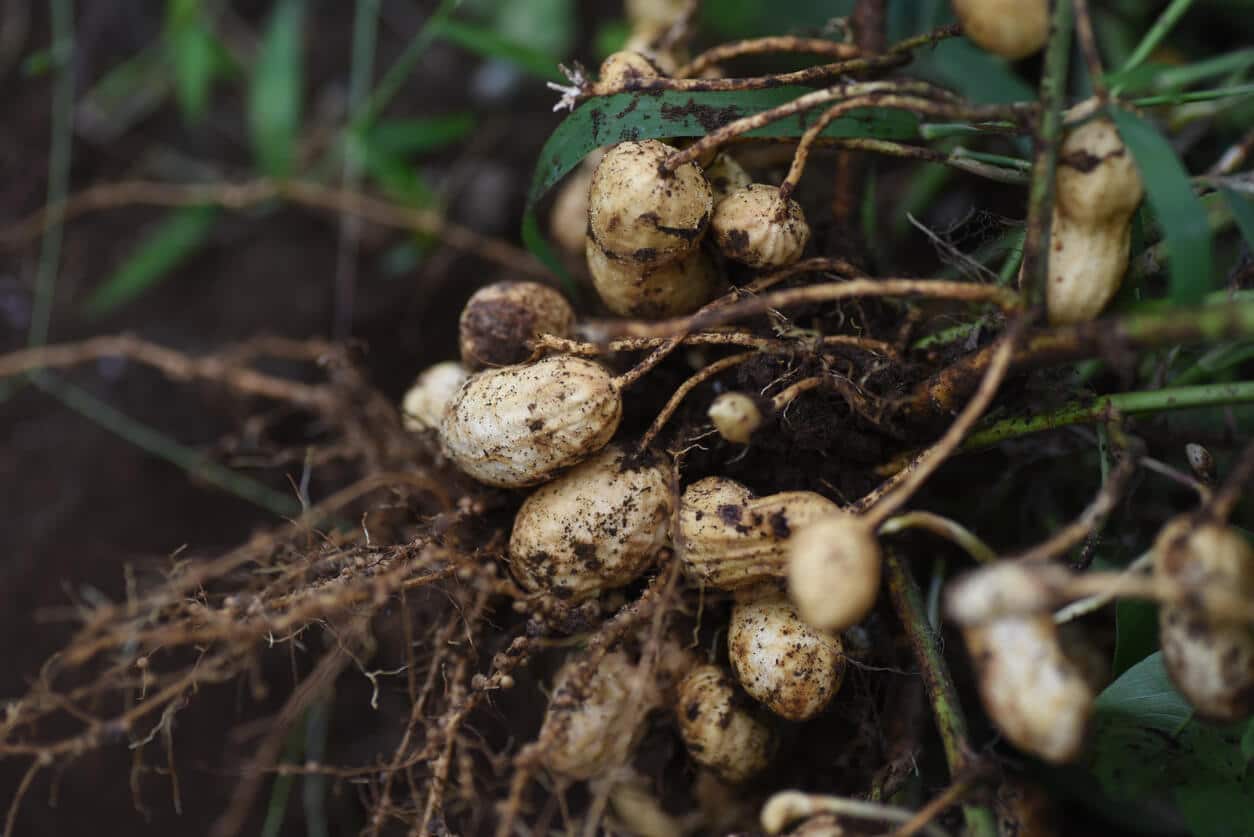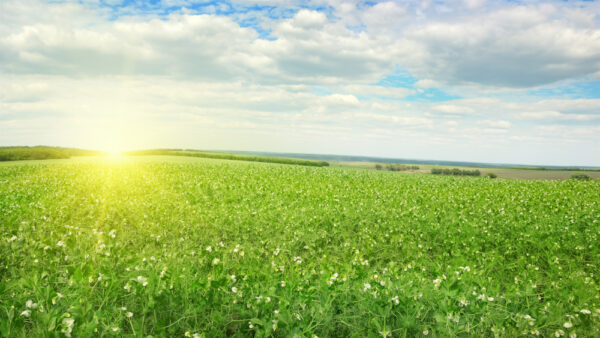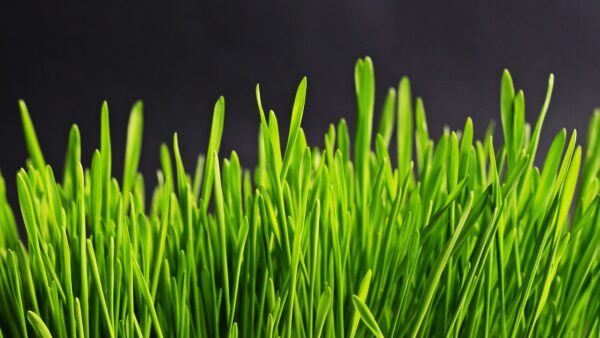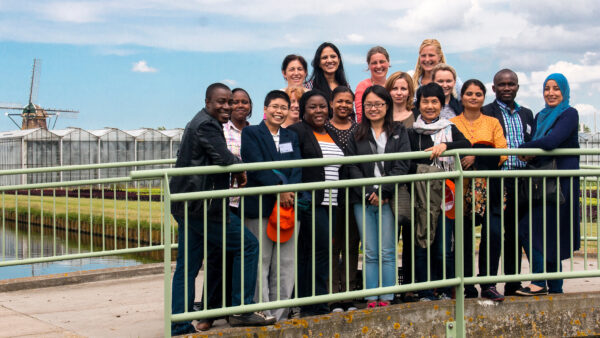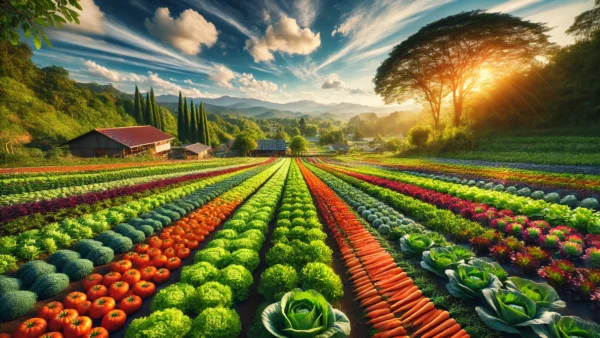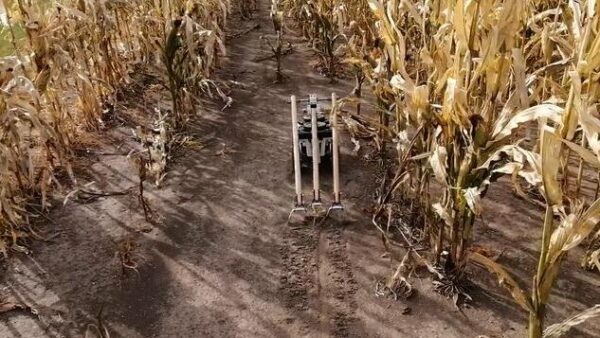It seems like yesterday when we started with European Seed. But in fact, we’re already five years on the road together, and what a rewarding five years it has been. Since the first issue, we have filled over 800 pages with tailored, seed-focused content. And quickly after the start, European Seedbecame much more than just the magazine. With its website, mobile app, videos, and active presence on social media, it provides a multifaceted media platform through which you can consume practical information, ideas and solutions that matter. Rather than bringing you news, which often has a time stamp on it, we feel European Seedshould be an issues-based platform where, per magazine issue, we tackle a certain topic and bring you relevant content from various angles. Difficult and controversial topics such as plant breeding innovation, Brexit, European politics or intellectual property were not avoided, but rather tackled, and broken down into bite size and digestible nuggets in an attempt to make the whole topic a bit more understandable.
We have put the spotlight on many of the crops that European plant breeders are working on. A total of 14 crops, with an equal spread over field crops, vegetables and forage crops, have been put on stage and their European plant breeders have shared their passion, their hard work and their innovations with all of us. This is certainly going to continue. I hope it will show all of you, who are not immediately and intimately familiar with plant breeding, the level of effort, investment and innovation that is needed to come to a new plant variety. Varieties which we can enjoy every day in the food stores around us.
It is clear that much of the communication from the seed sector to the decision makers and vice versa runs via the national seed associations. In our past issues of European Seed, we have had a long list of associations that talked about their activities, their successes and also their struggles to improve the enabling environment for their national seed companies. Besides that, Europe has a large diversity of international, regional and intergovernmental organisations. To shed some light on their actions, I have asked many of them to talk about their work and their aims.
Africa
In this issue we focus on the relation between EU and Africa. Why you may ask, as this is European Seed. Well, the EU is Africa’s biggest trading partner, accounting for 36% of Africa’s trade in goods, worth €243.5 billion in 2017, compared to China with €107 Billion (16%) and the US with €44.2 billion (6%). With that, the EU remains the most open market to African exports in the world. And many seed companies see Africa as the next continent where massive growth will take place.
As a continent, the EU is investing in and providing the African continent with large amounts of support. In terms of Foreign Direct Investment in Africa, the EU invests more than other countries/regions, with €291 billion (40%), followed by the US with €51.52 billion (7%) and China with €36.16 billion (5%). With just the Mediterranean Sea in between, the EU is Africa’s closest neighbour and also its biggest investor, the main trading and development partner and a key security provider. If we look at support, between 2014-2020, the EU is providing €31 billion in Official Development Assistance to Africa to boost Africa’s economy aiming to give young people in the continent a chance to build a future, to ensure food security and access to energy, and to anchor good governance and respect of human rights.
Food security
And staying closer to the EU seed sector, climate change is undercutting people’s food security in arid and semi-arid areas, and to help sustain their livelihoods, the European Union supports various programmes to improve food security policy for dryland areas by strengthening local participation in the policy processes. Other projects include agricultural productivity research projects, supporting smallholder farmers semi-arid areas by promoting good agricultural practices and conservation agriculture, strengthening livelihoods of rural agro-pastoralists, value chain development for pastoral communities, increasing the productivity and profitability of smallholder farmers in productive semi-arid areas, reducing vulnerability to drought and improving agricultural productivity. Also, linked to food security, are a number of EU-funded projects to support nutrition.
Climate change resilience
Climate change is a reality and is here to stay. We witness increasingly frequent droughts on the one hand and more intense rainfall (which can lead to destructive flooding) during non-drought years on the other. The European Union is helping Africa to improve food security through work that strengthens the continent’s resilience to climate change. This assistance includes water towers programmes, support to national drought management authorities for disaster prevention and preparedness; drought-mitigation measures in arid lands; water and sanitation services, and improvement of the drought response resilience through community action. All in all, a massive contribution towards better livelihoods on the African continent.
In the meantime, European Seedkeeps growing. The whole team responsible for bringing you tailored seed focused content is looking forward serving you for the next five years. Thanks for listening!


